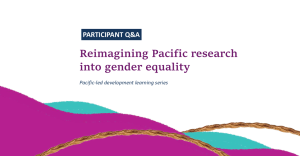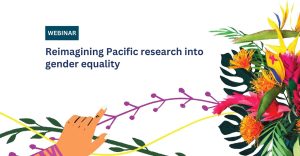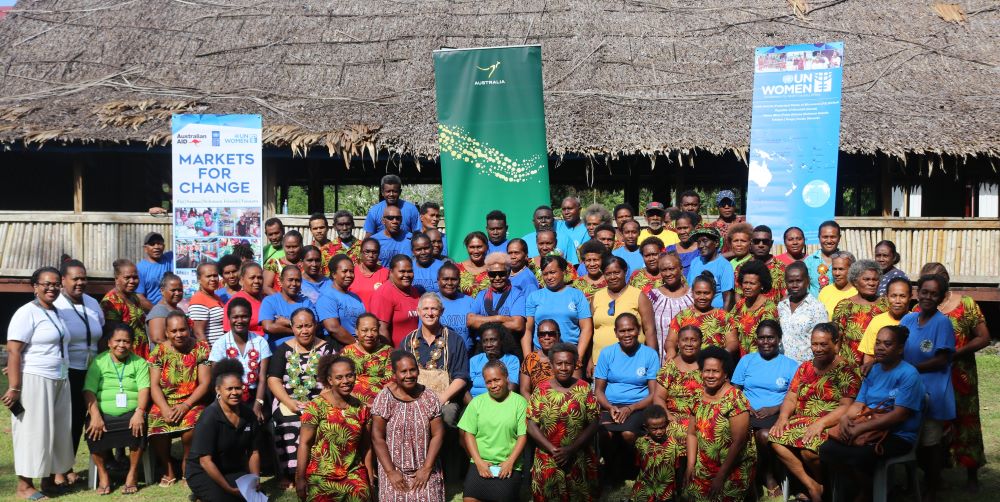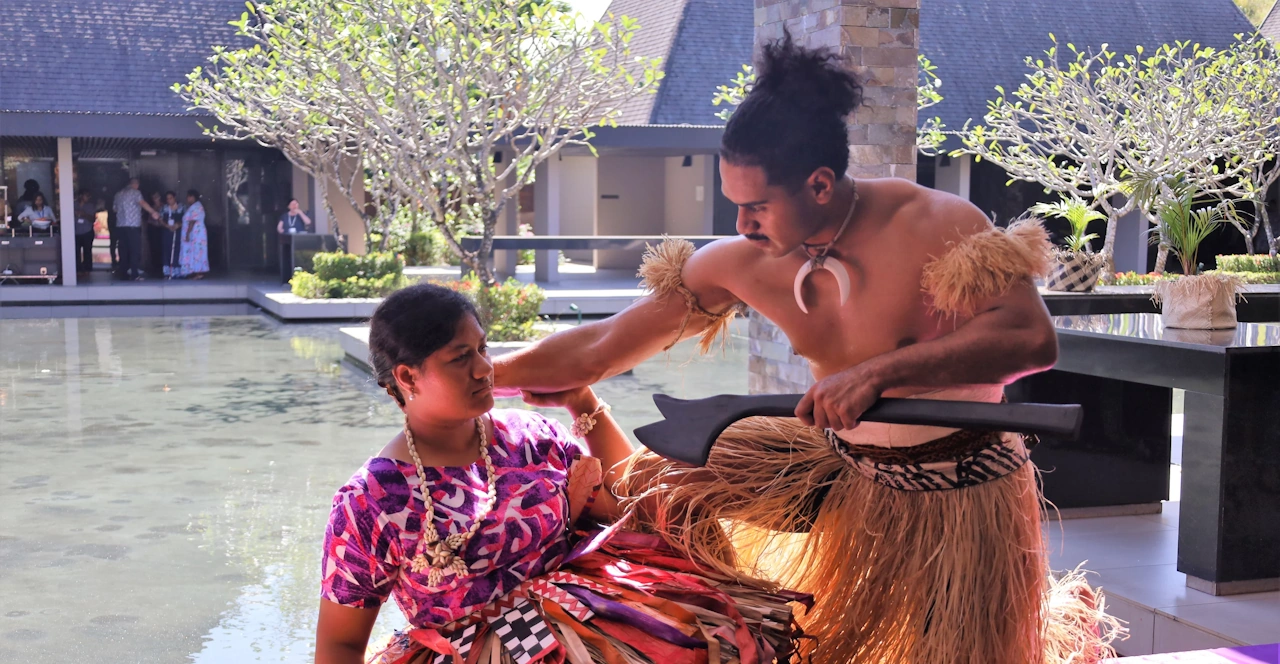Technology can be the problem and solution for online safety
12 September 2023According to speakers at the opening of the Safe and Equal Online Spaces – Pacific Cyber Safety Symposium held in Suva, Fiji, from 12─14 September 2023, the need to better address online safety and technology-facilitated gender-based violence is increasing in the Pacific
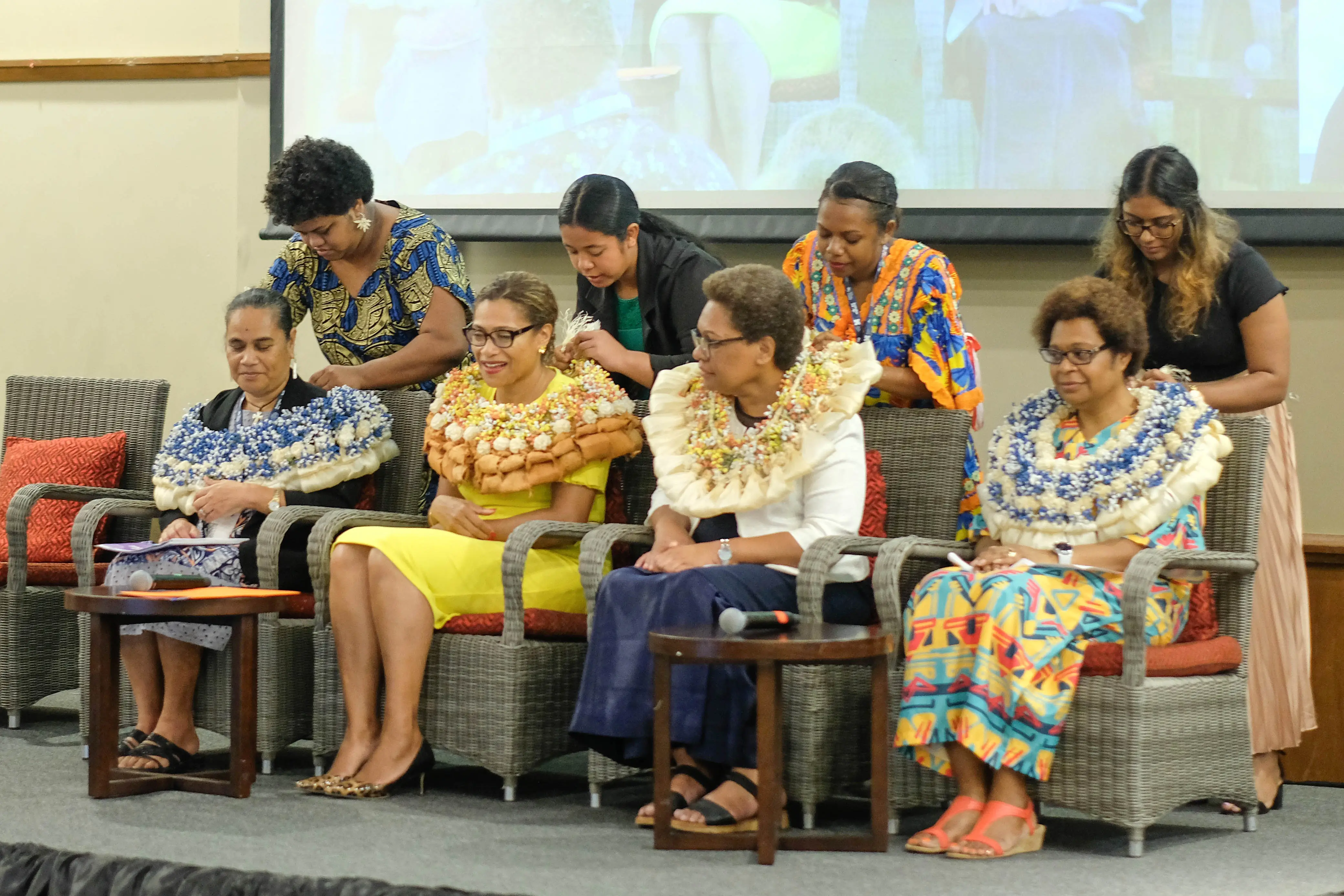
The Honourable Fiamē Naomi Mata’afa, Prime Minister of Samoa and the Australian Ambassador for Gender Equality Stephanie Copus Campbell joined together in acknowledging how technology offers significant opportunities to advance gender equality while also being a vector for harm, such as with technology-facilitated gender-based violence.Technology-Facilitated Gender-Based Violence (TFGBV) occurs anytime a person uses technology to control, threaten, monitor, harass, stalk, or intimidate someone. Perpetrators may commit this form of violence using various technologies, including phones, social media, car tracking systems, security videos and drones to smart devices.
“If we take action to address online harms, as one Blue Pacific, technology can empower us and be a part of the solution to better address technology-facilitated gender-based violence. That’s why we are here today, this Pacific Cyber Safety Symposium will allow us to share experiences, exchange ideas, and identify priorities to prevent and respond to gender-based violence perpetrated within online spaces and through digital technologies,” said the Honourable Fiamē Naomi Mata’afa, Prime Minister of Samoa, via video message.
Australian Ambassador for Gender Equality Stephanie Copus Campbell agreed, stating: “Technological changes and innovations are having profound impacts on our societies, offering opportunities to accelerate towards such shared goals as gender equality while also creating challenges to safety, inclusive participation, and governance.” Joining the symposium remotely, the Ambassador added: “This symposium is an important forum for discussing online safety, defining our priorities, and propelling collective action across the region. Australia is proud to support Pacific-led efforts for safe and equal online spaces.”
The Safe and Equal Online Spaces – Pacific Cyber Safety Symposium is convened by the Pacific Community (SPC) through its Pacific Women Lead at SPC (PWL at SPC) programme, in partnership with Australia’s eSafety Commissioner, and supported by the Australian Government. As a member of the Council of Regional Organisations of the Pacific (CROP), SPC is collaborating with other CROP partners: the University of the South Pacific (USP) as Chair of the CROP ICT Working Group, and the Pacific Islands Forum Secretariat (PIFS) as lead of the 2050 Strategy for the Blue Pacific Continent.
SPC Principal Strategic Lead – Pacific Women and Girls, Mereseini Rakuita, explained how technology can be both the problem and the solution.
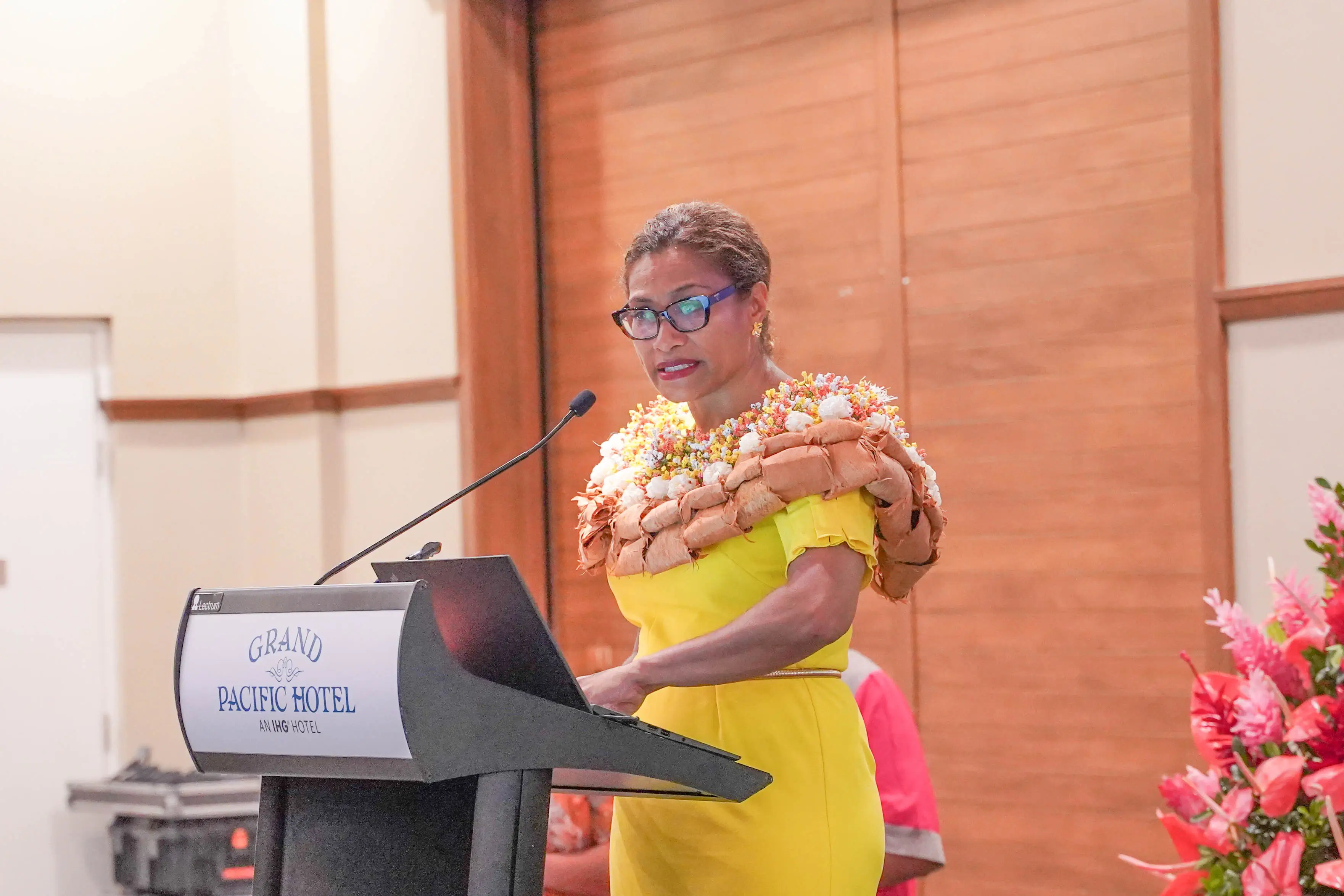
“New technologies have greatly expanded the scale, speed, and reach of content shared online, which can exacerbate pre-existing situations of gender-based violence,” Ms Rakuita said. “The digital world holds immense potential to amplify the voices of women and girls in all their diversity. At the same time, the misuse of social media platforms and other digital technologies by those who perpetrate abuse online have given rise to new forms and manifestations of gender-based violence.”
In a first for the Pacific, the regional symposium brings together key stakeholders from across the region working to address online safety, particularly technology-facilitated gender-based violence (TFGBV). This builds on the digital age theme of this year’s 67th Commission on the Status of Women and its CSW67 Agreed Outcomes while also advancing online safety priorities in the 2050 Strategy for the Blue Pacific Continent.
The convening addresses TFGBV by increasing a shared understanding of what works. This includes seeking clarity around roles and responsibilities across government and other stakeholders, working with governments on key legislations and regulatory approaches to address TFGBV, and documenting the Pacific’s TFGBV priorities, including ways to progress the Commission on the Status of Women (CSW67) Agreed Outcomes. A TFGBV Priorities Document will be collated based on the event’s discussions and the regional priorities identified.
A broad range of stakeholders attend the Safe and Equal Online Spaces symposium, from civil society to government, academia, private sector and regulatory bodies.
About Pacific Women Lead at SPC
One of the largest global commitments to gender equality, Pacific Women Lead aims to promote women’s leadership, realise women’s rights, and increase the effectiveness of regional gender equality efforts. The Pacific Women Lead (PWL) at the Pacific Community (SPC) programme, termed PWL at SPC, has more than AUD 55 million dedicated to its work under the Australian Government’s AUD 170 million Pacific Women Lead portfolio. This partnership with the Australian Government commits SPC to deliver the PWL programme as the cornerstone for the portfolio.
News Category
Media Release
Division
Human Rights and Social Development
Countries
Fiji
